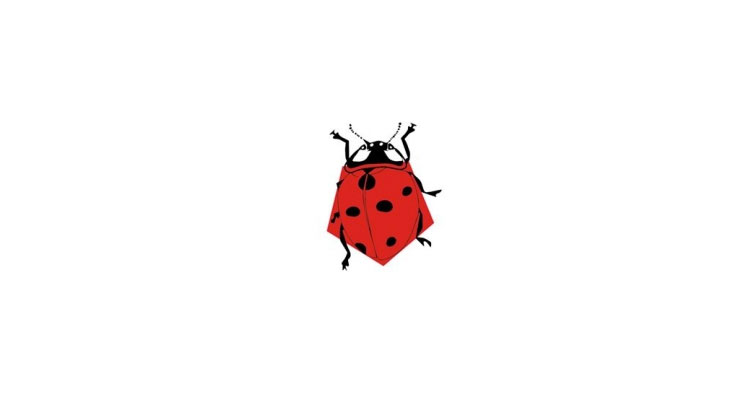Overburden, the new self-published novella by Milwaukee author Danielson Murphy, opens with a public masturbation scene that doubles as a quick primer on the emerald ash borer. “On a fallen ash tree next to the river Elena sat with her hand down the front of her pants,” Overburden begins. “The ash tree died long ago from an infestation of Agrilus planipennnis, the emerald ash borer, an invasive species particularly harmful to the North American ash population.” Never before has an ecology lesson been quite so sexy.
The passage is par for the course for Overburden, a quick, twist-filled, nakedly earnest eco-terror parable of young radical activists puzzling through and eventually fighting against a corrupt and decaying capitalist society. Three main characters make up the combustible nucleus of Overburden‘s world-on-edge: ideological-but-aimless Elena, train-hopping and zine-writing Gust, and neighborhood activist Jermaine “Maine” White. Deadly riots, train explosions, anarchist infospaces, and mushroom-obsessed communes also figure heavily into the story.
The book’s local roots should be easy to spot for Milwaukeeans. The bohemian neighborhood slowly giving way to gentrification, complete with basement shows and “punkish coffee shops,” is clearly inspired by Riverwest (Murphy is known for his work with the Riverwest Public House), while much of the early action takes place under a bridge not unlike the Locust Street bridge. The overriding plot hits close to home, too. When two of the main characters head north to disrupt a mining operation on native grounds, it’s hardly a stretch to recall Wisconsin’s Penokee Hills controversy. Footnotes with suggested musical cues, meanwhile, contain both national groups like Animal Collective and Alkaline Trio, and Milwaukee artists like Lorde Fredd33 and Marielle Allschwang.
Like its wide-eyed and fuck-the-man characters, Overburden is far from subtle. Characters speak plainly and literally of the dangers of consumerism, issues of privilege, and the methods of toppling the patriarchy. A typical conversation reads like this:
“Verne this is very interesting but you were just telling me that the new geological epoch is going to threaten human survival. Is a thirty-year political strategy borne of the pure grass roots going to leave us enough time to actually deal with the environmental issues that were already at hand, like, over a decade ago?”
And yet Murphy scores big on plenty of arresting scenes and nightmarish images: an act of unexpected violence, a peach tree growing in a sewer drain, an apartment pulsating with ladybugs. (“She stood motionless as the insects dripped from the ceiling and walls like honey, the space left by each falling plod of bugs quickly filled by another. A heaving singular mass. An ocean.”) Better still is an early, Hitchcock-ian plot twist that sends the rest of the story reeling.
Overburden’s final moments—not to be spoiled here—are particularly haunting, and rebrand a tale of fight-the-power activism into one of full-blown sci-fi eco-horror. “Is this what you would have wanted?” screams a character to the heavens as the world crumbles around her. The answer, when it comes, is hardly a comfort.
Murphy will celebrate the release of Overburden Friday, February 24 at Woodland Pattern. The free, all-ages, 7 p.m. show will also feature performances from Sean Williamson, Cat Ries, and others.

